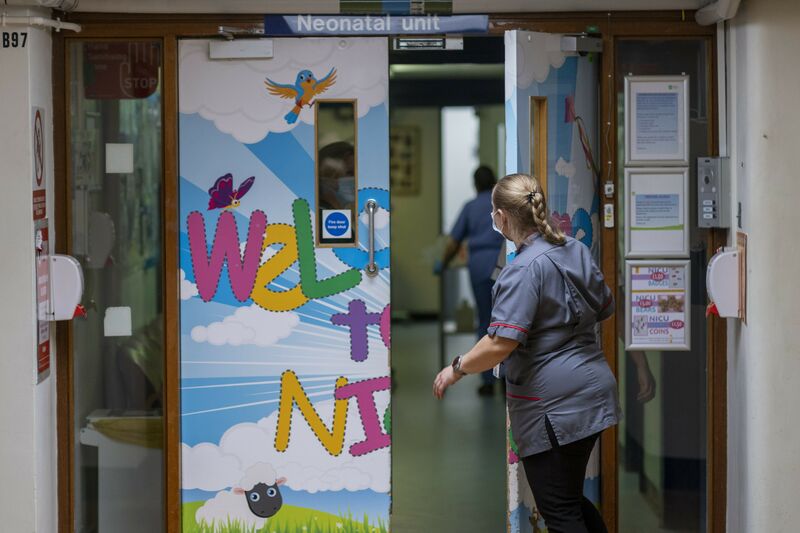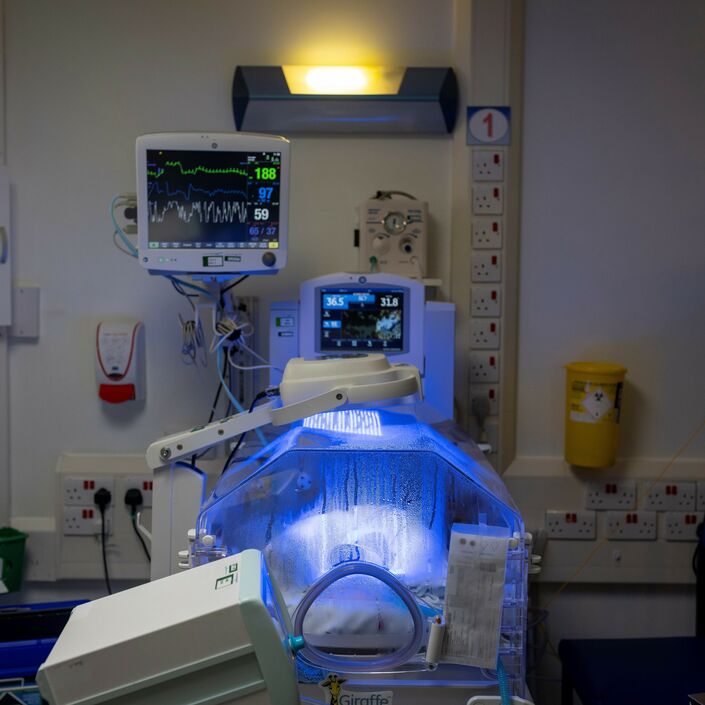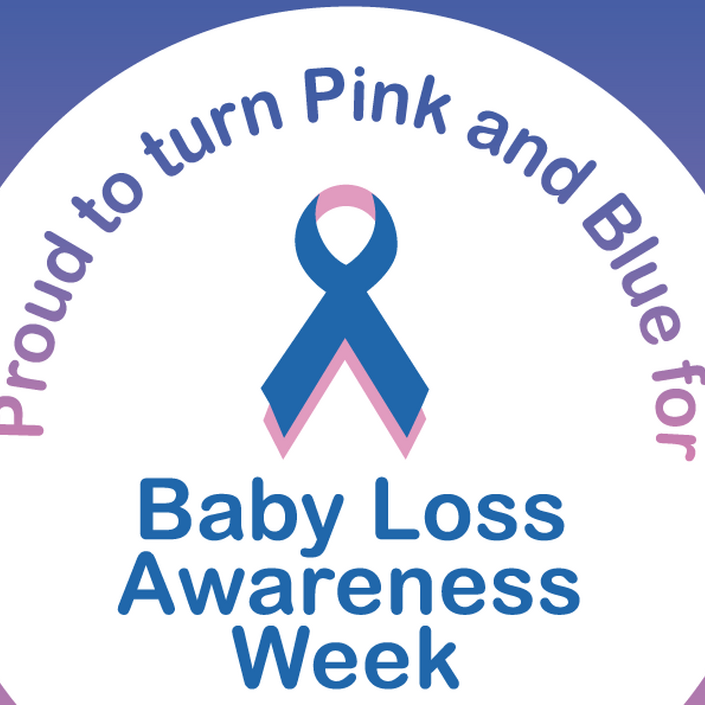The 2023 report, published on 12 October, collects and analyses data relating to babies discharged from neonatal units in 2022.
The audit shows that mortality rates remain high and that there are unacceptable variations between units across the country. Mortality varied between neonatal networks; from 4.8% to 8%.
For babies to have the best chance of survival and quality of life they must be cared for in a neonatal unit that is able to give them the right level of clinical care, and that this care is delivered by the right number of well-trained staff. Yet, this audit shows:
- The proportion of neonatal nurse shifts that met recommended staffing levels in 2022 has fallen for the second year in a row (from 78.6% in 2020 to 73.9% in 2021 and now to 71.1% in 2022).
A fifth of babies (21%) born before 27 weeks of pregnancy were not delivered in a hospital with an on-site Neonatal Intensive Care Unit. Given the link between location of birth and staffing levels with increased neonatal mortality and morbidity, it is vital that Governments across the three nations act on NNAP’s recommendations to:
- Implement medium-to-long-term NHS-wide workforce plans to deliver the recruitment, training, development and retention of neonatal nurses needed to improve the proportion of shifts with sufficient staffing, and therefore improve survival rates and the quality of care in neonatal units.
There has also been little progress in terms of parental involvement in care, with reporting that parents were involved in less than half (47.2%) of consultant rounds. The audit found evidence of unacceptable variation here with parental involvement on ward rounds ranging from just 36.8% to 60.3% between neonatal networks.
At Bliss, we know that babies have better outcomes and quality of life when their parents are partners in their baby’s care. The audit has recommended that each ward round with a parent present is recorded to improve the delivery of care.
Caroline Lee-Davey, Chief Executive of Bliss, said: “It is incredibly concerning that there continues to be such significant variation in the care that babies receive in neonatal care – with nurse staffing levels falling, some of the smallest babies still being born in a location unsuited to their needs, and parents facing barriers to being involved in their baby’s care.
“Most notably, there is a serious variation in mortality rates, which echoes findings of other recent reports such as the MBRRACE Perinatal Mortality Report (2023). In England, this reinforces the need for an urgent re-commitment to the National Ambition to halve rates of maternal and neonatal mortality, as well as rates of stillbirth and brain injury at birth, to drive sustained improvement in care for both mothers and babies.
“As the National Ambition was set to be achieved by 2025, the Government is running out of time. Without significant focus and resources, this crucial target will be missed.”
“Overall this report highlights clear opportunities to deliver significantly improved outcomes for babies. Bliss urgently calls on governments and NHS bodies across the UK to tackle this variation to ensure that all babies in neonatal units receive the best quality care, wherever they live.”


